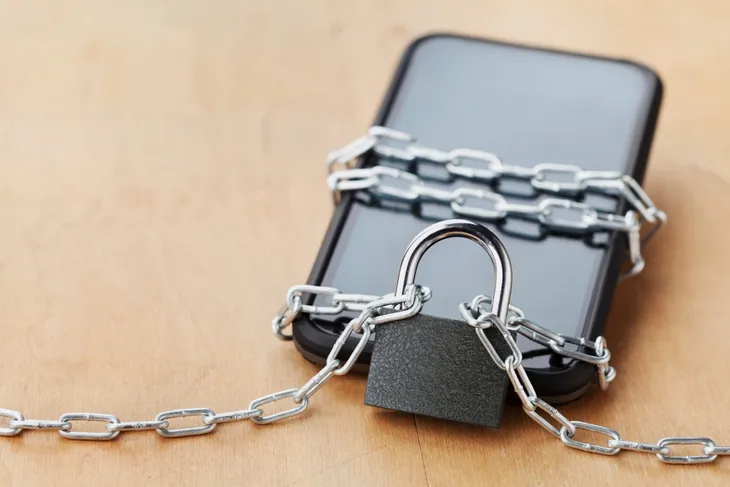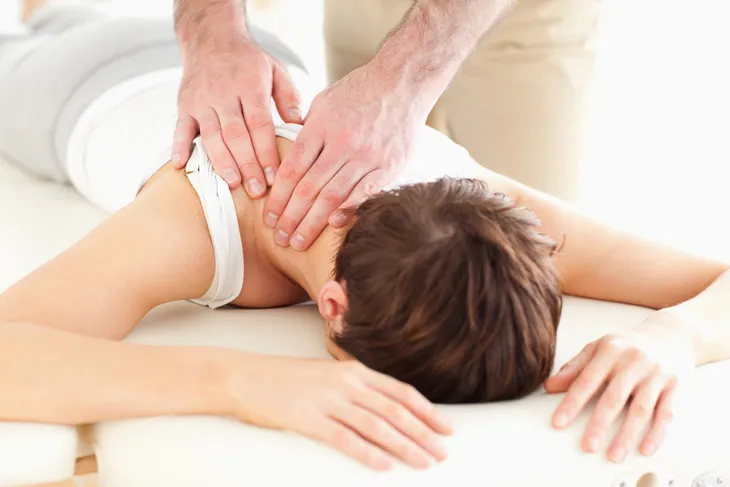You’ve heard it before: too much stress isn’t good for your physical or mental health. But aside from trying to take some deep breaths at a red light here or there, most people don’t really know how to set a stress management plan in place.
There’s no point in getting more anxious about finding ways to get less anxious, so here are 10 easy and fun ways to get out of those worrisome, negative thoughts and into a positive mind space…
Learn Something New
When your body and mind are engaged in learning a new skill set, it takes a lot of focus. This can have a positive effect by disrupting old patterns of worrying and negative thoughts. Often there’s simply no space for negative self-talk when you are absorbed in the new task.
So learn a new sport like squash, tennis, snowboarding, or karate. Take a water colors class, or a graphic design course. Try your hand at shop or car repair. If it interests you, follow the passion.
Perform, Teach or Give a Speech
This will likely cause a different kind of stress, but it can be viewed as positive stress. Although most people are nervous about speaking in public, these nerves can provide the motivation required to do a fabulous job, and this requires focusing on the task at hand, not the old worrisome thoughts. Not to mention, the exhilaration experienced once the task is completed is wonderful.
Options include joining Toastmasters and learning how to give a great speech in public. Or look into learning how to become a teacher—it could be a fitness instructor, sports coach, or ESL instructor. Another bonus is that the more you do something that you fear or are nervous about, the more confident you become about the task.
Play a Board Game
Yes, really. Not a video game, not a game on your smartphone and not even a sport. Just round up some friends, family members, or find some friendly strangers at a board game club or café. Pick a game that is interesting and challenging enough for the whole group to keep everyone engaged—and then play!
The friendly competition is usually enough to sharpen everyone’s wits and have them focus on the game, not other stressors. Board games like Pictionary often lead to hilarious results, and of course laughing is one of life’s great stress relievers. Games like Settlers of Catan, Apple to Apples, the latest version of Trivial Pursuit, or even Killer Bunnies, are great to get away from negative thoughts.
Take a Risk
An endorphins rush is a powerful physiological response that just plain feels good. And in life, there are certainly worse things than being an endorphin junkie, as long as the risky activities are balanced with some calming past-times. Ideally the risk is a physical one so that the extra energy released to the body to propel the fight or flight response gets used up as nature intended.
Great examples include going rock climbing, treetop trekking, and zip lining or hang-gliding. Try to ski, snowboard, snow tube, or luge. Heck, even take a toboggan down a really steep hill or try an extreme waterslide. Be safe, but do something that quickens the pulse for a feeling of accomplishment and the endorphin rush.
Go to the Movies
The movies are the great storytellers of the current age. And what better way to get away from your own worries than to sink into another tale for 2-hours? But to do it right, actually go to a movie theater. Watching movies from the comfort of your couch is all very nice, but that’s a different past-time altogether.
Go to a movie theater because it is an experience that touches so many of the senses. The smell of the popcorn, the feel of the seats, the big theatre stereo sound and the darkness as everyone’s attention is fixed on the same thing—the story unfolding on the screen—they all have the power to transport you for the duration of the movie. A great movie will consume your thoughts even after the show has ended and maybe even change your perspective. Lights, camera, action!
Put Your Phone Away
Not forever, and not when you are expecting an important message or if people absolutely need to get in touch with you. But for a safe 1- to 2-hour chunk of time, put the device somewhere safe, but out of the way (a sock drawer works well).
Next, try not bringing your phone with you the next time you go out for an hour—perhaps to get groceries or go to the gym. It can be amazing to be free from a smartphone even for this short amount of time. Without reaching for the device and aimlessly checking social media and messages all the time you can be more present in the moment. Then you can schedule blocks of time to read social media and browse as desired, but it can be a more meaningful and mindful activity.
Volunteer
Volunteering works as a de-stressor on so many levels. On the one hand, you are usually busily engaged at the task at hand, from corralling small children to keeping up with the demands of a busy soup kitchen. That alone is enough to keep the mind focused on thoughts other than worries.
The philanthropic element also is a powerful reminder of all that we have and the other needs out there. Perhaps you are volunteering at a cancer charity. Hearing stories from survivors can absolutely change your mindset. So try it out. You can volunteer for a one-time event, like a charitable run or to coordinate a silent auction for the kids’ sports teams. Or you can commit to an ongoing role, such as weekly reading support or assisting with office work at a charity. It is good for the charity and good for you as well.
Get a Massage
It doesn’t just feel good for the body; it feels good for the mind as well. Having your aches and pains addressed is extremely beneficial for a stressful lifestyle. Pain is a stressor, and touch can be very therapeutic. Not to mention, some massage therapists use soothing aromatherapy oils with their massage oil to increase the de-stressing, from peppermint to cinnamon to rose, or spa favorites lavender, vanilla, and ylang ylang.
Sometimes a massage is almost like a form of meditation or deep, deep relaxation. Others liken it to a really great nap! Whatever your experience, ensure that you find a massage therapist that you feel comfortable with and trust to enhance the stress-free experience.
Go Fishing
Some people meditate, and others go fishing. Fishing ticks a lot of de-stressing boxes because it is a relatively quiet activity (or should be) that takes place in nature. Being in the wilderness is a wonderful way to lessen anxiety in and of itself. Add a rhythmic, repetitive action like fishing and it’s time for worries to melt away.
Fishing doesn’t have to be expensive or complicated. Some fishing can be done from a dock or the shore, and if a boat is required a basic rowboat, paddleboat, or stable canoe or dinghy will do. You can fish alone or join anglers’ or fly fishing clubs for companionship and skill development.
Take a Yoga Class
Yoga is one of the great stress relievers out there. With a class for absolutely any age or skill level, there should be no apprehension about not being able to keep up or achieve certain poses. Yoga is not a competitive sport. A good yoga class will feel good and engage the mind, as well. Some instructors use music, others do not, so pick one that meshes well with your personal style.
There is usually enough of a challenge in a yoga class to keep you focused on the moves and the class. The body feels great because it is strengthening, stretching and loosening. Mindfulness cues, deep breathing and meditative exercises are excellent to train the brain to stop worrying and stressing and to experience and appreciate the moment.













